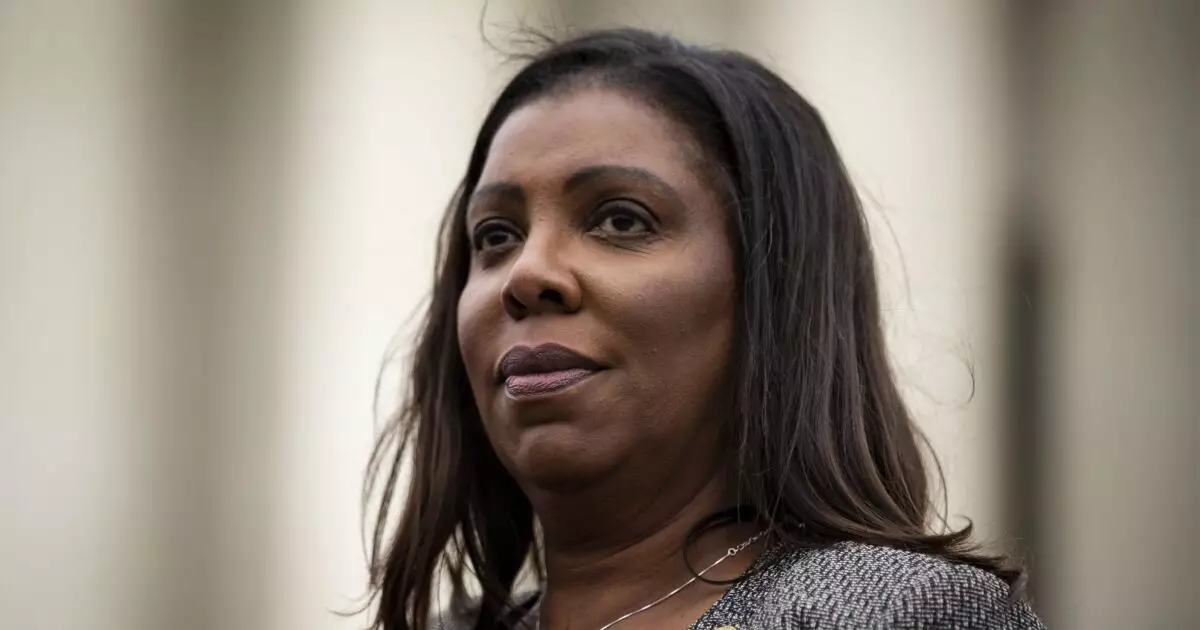The Legal Tug-of-War Over Federal Funding: A Critical Examination of Recent Court Orders Against the Trump Administration

The political landscape in the United States is often marked by tensions between state and federal powers, especially when it comes to funding and resources. A recent ruling from a Rhode Island district court exemplifies this ongoing conflict, as Judge John McConnell mandates the Trump administration to resume federal funding to states that had been halted due to a controversial memo from the Office of Management and Budget (OMB). This article will analyze the implications of this ruling, the context that led to it, and the broader ramifications for future federal-state relations.
The Background of the Funding Freeze
On January 27, the OMB issued a memo that effectively froze federal funds to states and cities, citing the need to root out potential fraud. The memo quickly triggered a reaction from a coalition of 23 Democratic states, leading to a legal challenge in the form of a motion to restore the blocked funds. The abrupt nature of the funding freeze raised alarm bells across the political spectrum, as various infrastructure projects, including significant initiatives under the Inflation Reduction Act (IRA), were put on hold. This action not only impacts state budgets but also raises questions about the authority and discretion exercised by federal agencies.
Judge John McConnell’s ruling, which mandates the resumption of funding, sheds light on the judiciary’s role as a check on potential executive overreach. By declaring the broad funding freeze likely unconstitutional, McConnell underscores the paradox inherent in the Trump administration’s justification for the freeze without specific evidence of fraud. His assertion that the freezes have caused “irreparable harm” illustrates the serious consequences for states that rely heavily on federal assistance for vital projects.
The role of the judiciary is pivotal in maintaining a balance between state and federal authority, especially in fiscal matters. In this case, McConnell’s ruling aligns with a growing trend of judicial pushback against seemingly arbitrary executive actions that potentially infringe on state rights. The issuance of a temporary restraining order prior to the final ruling signifies the courts’ willingness to intervene when constitutional rights are perceived to be at risk.
As states and various stakeholders continue to mount challenges against the administration’s funding practices, it is evident that the judiciary may become a crucial battleground for determining the future of federal funding policies. The response of the court demonstrates a commitment to upholding the rule of law and ensuring that states are not left vulnerable to unjust administrative decisions.
The Fallout and Broader Implications
The implications of Judge McConnell’s ruling extend far beyond the immediate restoration of federal funds. Firstly, it sets a precedent for how future funding disputes may be resolved and establishes a potential roadmap for other states who may find themselves at odds with federal directives. The looming conflict over access to federal funds is now exacerbated by other lawsuits, including those filed by unions and national coalitions of nonprofits.
Moreover, this conflict accentuates the broader ideological divide permeating American politics. The Trump administration’s actions can be viewed as part of a larger trend of skepticism towards governmental spending—especially projects linked to climate change initiatives. This suspicion has fostered a divisive atmosphere whereby funding for progressive projects, often supported by Democratic administrations, is systematically challenged.
The recent decision also has immediate effects on critical projects aimed at combating climate challenges. Programs like “Solar for All,” created to promote renewable energy initiatives, are now under threat, reflecting a fundamental conflict between economic aspirations and political ideologies.
As the hearing set for February 14 approaches, the potential for ongoing legal battles looms large. The ramifications of this confrontation extend to how federal funding will be managed in the future. Policy changes aimed at curbing federal expenditures, or shifting criteria for accessing funds, may face increased scrutiny from state governments prepared to fight for their fiscal rights.
The legal journey surrounding federal funding is emblematic of a broader struggle over governance in an increasingly polarized political environment. The intersection of law, executive action, and state rights continues to be tested, raising crucial questions about the future of federal funding and the balance of power in the United States. As states mobilize against federal overreach, the judiciary may emerge as a vital defender of autonomy and justice in this complex landscape.





